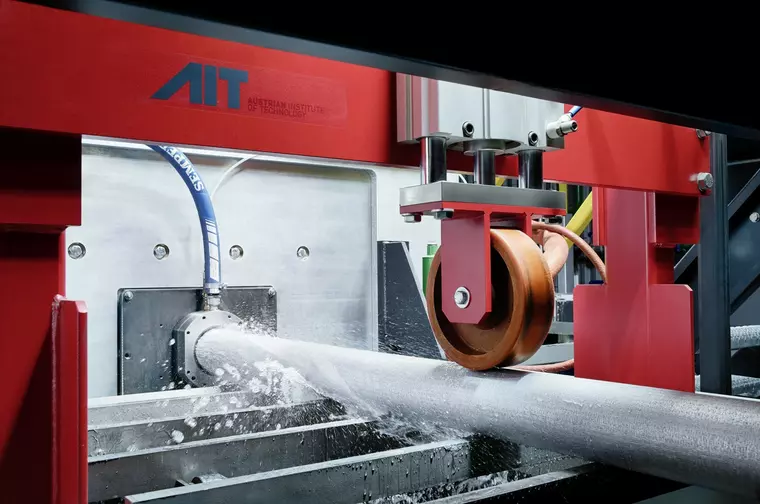The RecAL (Recycling technologies for circular ALuminium) project aims to develop innovative recycling technologies and a digital platform for a circular aluminium economy. The Horizon Europe-funded project brings together 19 partner organizations from nine European countries and is coordinated by the LKR Leichtmetallkompetenzzentrum Ranshofen, a wholly owned subsidiary of the AIT Austrian Institute of Technology. The initiative aims to usher in a new era of sustainable production and reuse for aluminium by creating a digital cockpit, the RecAL Hub. This enables the circular economy of aluminium recyclates across the continent and connects suppliers, buyers and technology solution providers.
Circular economy as the future for European aluminium
Recycling aluminium from existing end-of-life (EoL) and production waste holds enormous potential and requires only 5% of the energy needed to produce primary material. Given its crucial role in global decarbonization, the RecAL project aims to exploit the potential of this raw material in an environmentally friendly and efficient way, in line with the European Green Deal.
Aims of RecAL
- Higher impurity tolerance in alloy design without compromising properties.
- Exploiting the benefits of digitalization and robotics in sorting and dismantling.
- Creation of recyclate streams with significantly improved purities.
- Adapting production paradigms to unleash the full potential of secondary resources.
- Harmonization of communication between all sectors of the aluminium industry.
Innovative interaction between research and industry
The RecAL consortium consists of 19 European partners from research and industry. The project is led by the LKR Light metals Competence Center Ranshofen of the AIT Austrian Institute of Technology. In addition to coordinating the project, the LKR is responsible for the Cluster C work package, in which new approaches for recycling-tolerant alloys for the most important alloy categories are to be investigated and tested directly in an industrial environment together with renowned European partners.
"RecAL aims to fully exploit the immense potential of secondary aluminium resources in Europe, revolutionize recycling processes, address key challenges in alloy development and promote sustainable practices," explains project manager Gerald Prantl from the LKR Leichtmetallkompetenzzentrum Ranshofen.

The LKR Leichtmetallkompetenzzentrum Ranshofen is coordinating the RecAL project. In the picture: a horizontal continuous caster at the LKR.
Source:International Aluminium Journal
